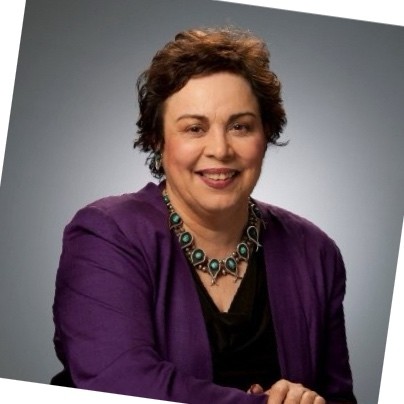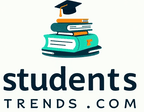Breaking Down the Most Recent Educational Trends and Their Effects on Students: Education is changing quickly due to technology, creative teaching methods, and shifting social demands.
1.Customized Education
Adaptive platforms improve interest and educational achievement by customizing lessons to each student’s needs.

2. Education Technology and AI
AI-powered solutions offer interactive learning, automated grading, and intelligent tutoring.
3. Education Based on Competencies
With learning based on competencies, which highlights practical skills, students may grow by proving their competency.
4. STEM and Career Education
Programs for STEM education place a high value on practical experience and technical education to get students ready for the workforce.
7. Teaching With Inclusivity
Inclusivity responsive teaching ensures diverse representation and inclusion in education.
FAQS ABOUT BLOG
Usually students wants to know about,Personalized Learning: The Psychology of Customizing Education
1. What are the latest educational trends for students in 2025?
Project-based learning, AI-powered learning tools, digital classrooms, individualized learning, and a focus on mental health and wellness are some of the newest trends.

2. How do students gain from customized education strategies?
Students can go at their own speed with personalized learning, which takes into account their unique requirements and abilities.
3. How does technology perform in today’s education?
By the offer of digital tools, online learning, and access to an extensive selection of materials, technology is transforming education.
4. What impact do these trends have on the future of education?
The educational system is becoming more flexible, student-focused, and technologically advanced as a result of these trends. By adopting a more dynamic approach that accepts a range of learning

I have 20 years of experience in higher education leadership. I held prominent academic positions at various institutions, concentrating on key areas such as student learning, faculty development, curriculum design, and institutional accreditation. As the Team Chair for eleven accreditation evaluations with the Middle States Commission on Higher Education, I have successfully directed thorough assessments that uphold academic standards and regulatory requirements. Furthermore, I have provided consulting services to major international institutions, offering guidance on accreditation processes, strategic planning, and governance frameworks. Her extensive knowledge in assessment, budget management, and collective bargaining and her commitment to academic excellence and institutional effectiveness make her a passionate champion for shared governance in higher education.
